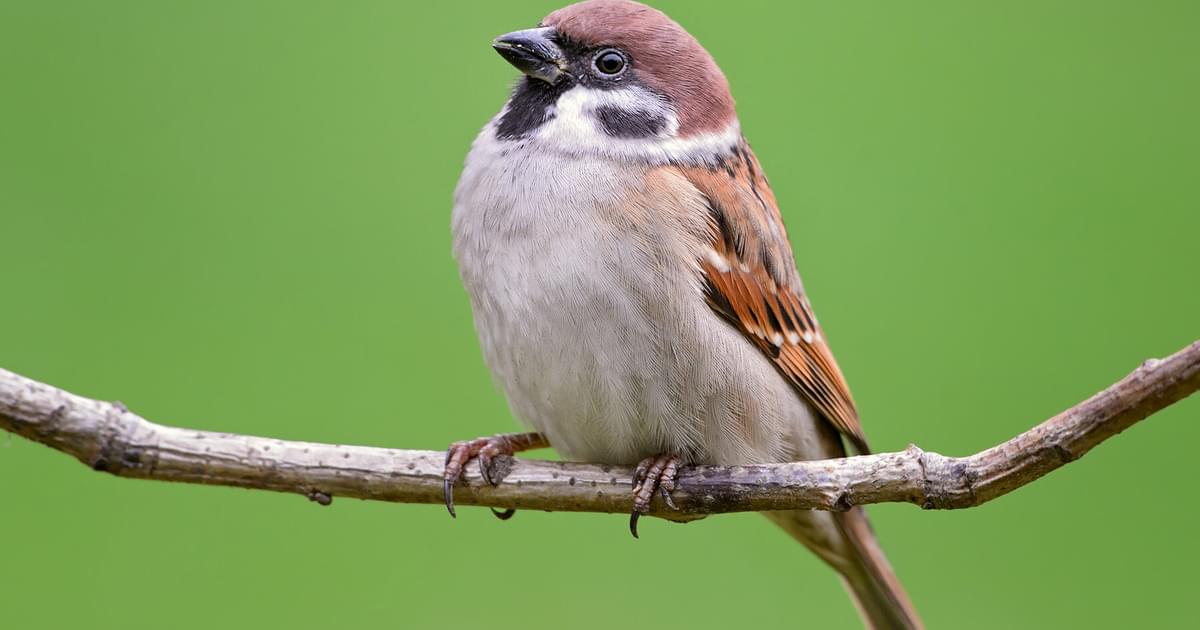
Sarah and I would take walks throughout the halls of the first rehab hospital I was in following my stroke. She did all the walking while I sat comfortably in a wheelchair. On one of these walks, we found an enclosed outdoor patio. This patio had no roof and was surrounded by four walls. It was a great outdoor space to sit and contemplate our new reality. One day we discovered a bird in this space. I noticed his left wing didn’t work. I wondered how he got there. He couldn’t fly. Was he stuck there? Every day we‘d check in on the bird to ensure he was still alive. Had a cat found him? Is he able to find food? This became something I was preoccupied with: The bird saga.
Sarah and I lovingly named this bird, Strokey. Following my stroke, my left arm and hand didn’t work. He lived at the rehab hospital like me. His left wing didn’t work like my left arm. Every day we’d check to see how Strokey was doing. There was a short period when Strokey disappeared. We feared the worst. But eventually, Strokey showed up again. We were so emotionally invested in the day-to-day happenings of this disabled bird.
I had physical therapy every day in the hospital. My therapist was this large man with a soft heart. He was the worship leader at his church. I found it easy to break into song during therapy. My go-to was “His Eye Is on the Sparrow." I would sing it in Spanish. I think things sound better, deeper, and more emotional in Spanish, the language of my childhood. The words sound weightier. I love Spanish worship music. It reminds me of the church I attended when I was young. When faith was simple, and I wasn’t so cynical.
As a child, seeing people worship in Spanish seemed different than when I'd see people worship in English. Have you ever come across someone on the verge of tears? When they’re teetering on the edge about to lose it? I’ve always felt that Spanish worship was sung from this place. It's a hunger for God, a desperation recognizing that He is the only One who can help. I longed for the old Spanish worship songs while I was in my first rehab hospital. I was desperate for God and remembered the days when I’d see people cry out for Him without concern that others were watching. I asked Grandma to write down some of those old songs for me. I got a handwritten two-sided paper with all the old Spanish songs of my childhood.
"His Eye is on the Sparrow" comes from a passage of Scripture that speaks of God’s preoccupation with sparrows. If He notices sparrows, valueless birds, how much more us? This passage makes more sense following my fascination with the daily activities of a bird with a bum left wing, Strokey. I wondered, did my daily struggles matter to God like Strokey’s drama mattered to me. Four years later, I still wonder if I matter to God. Does He notice my urgent prayer requests, or am I going straight to voicemail? Maybe His voicemail is full and not accepting any more messages. Strokey seemed powerless and stuck on the patio. I’ve felt that way every day - stuck. I don’t know what ever ended up happening to that broken bird.
"¡Feliz, cantando alegre,
yo vivo siempre aquí;
si él cuida de las aves,
cuidará también de mí!"
These are the Spanish words I sang in therapy. They sound so matter-of-fact, confident in God’s concern. They are words of trust, so sure in God.
In English, it says:
“I sing because I’m happy,
I sing because I’m free,
For His eye is on the sparrow,
And I know He watches me.”
God may seem uninvolved or uncaring but
"si él cuida de las aves, cuidará también de mí!”
“…His eye is on the sparrow, and I know He watches me.”
Comments
Post a Comment